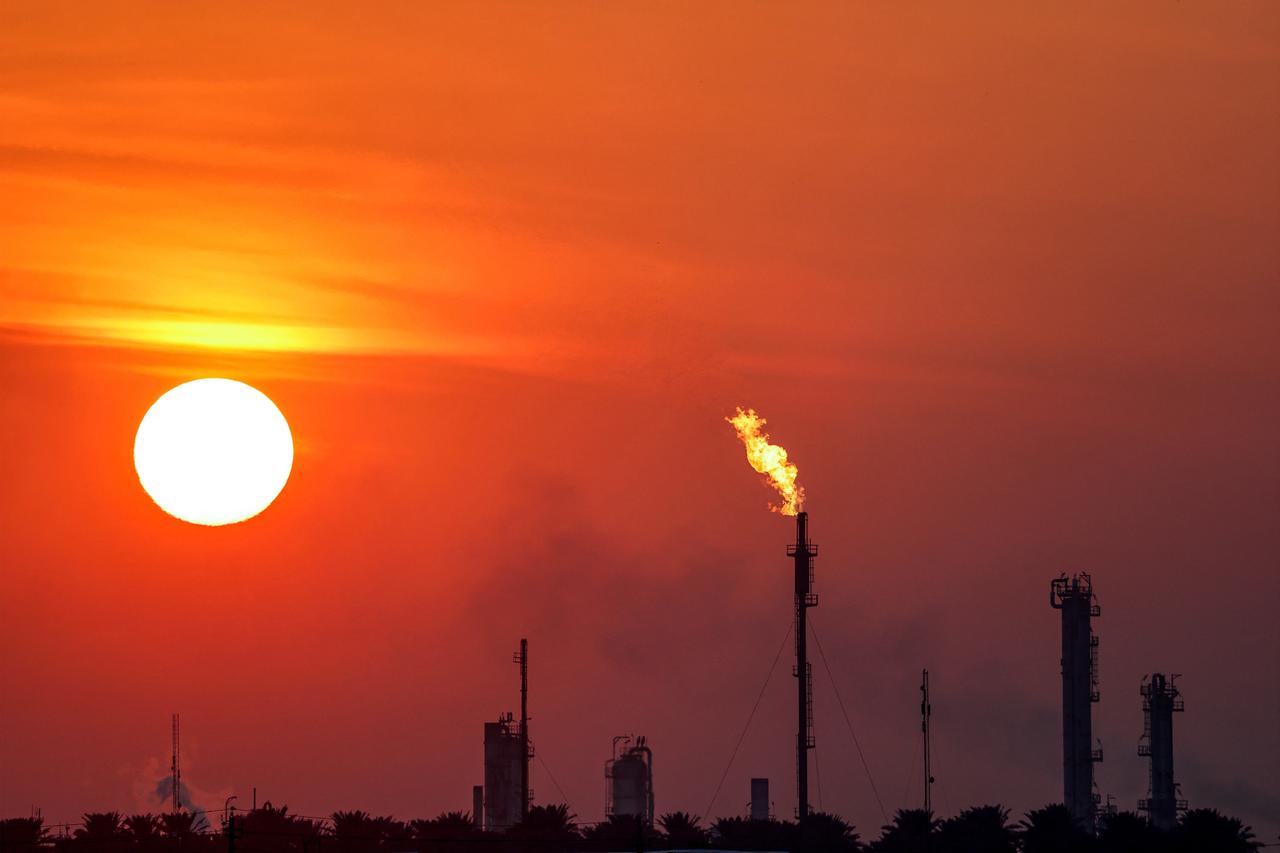
Türkiye's Energy and Natural Resources Minister Alparslan Bayraktar announced that 24 drilling operations will be conducted across four shale oil fields in Diyarbakir, as the country pursues domestic energy production to meet rising demand.
Bayraktar stated that Türkiye plans to apply similar drilling methods for natural gas exploration in Thrace.
He emphasized that Türkiye's energy demand is projected to triple over the next 30 years, requiring continuous energy supply assurance and sustained petroleum and natural gas exploration efforts.

"Regarding shale oil, 24 drilling operations will be conducted across four fields in Diyarbakır. We are considering applying similar methods for gas in Thrace," Bayraktar said during a live broadcast on Ulke TV.
Bayraktar stressed that new discoveries would continue as part of Türkiye's long-term energy strategy. The minister highlighted that the country aims to ensure uninterrupted energy supplies and secure energy resources through continued oil and natural gas exploration.
The drilling operations represent an expansion of Türkiye's domestic hydrocarbon exploration efforts, particularly in regions with identified shale oil potential.

Bayraktar dismissed claims that Türkiye has sold rare earth elements to the United States, saying such sales were "absolutely not under consideration."
He referenced an existing agreement with the United States, describing it as nuclear-related rather than involving rare earth elements.
"The agreement we signed with America is related to nuclear matters. If we had made an agreement regarding rare earth elements, rest assured, both they and we would have announced it," Bayraktar said.
Bayraktar identified the Beylikova field in Eskisehir as containing the world's second-largest rare earth element reserves. He confirmed that the site will be developed and operated by the state.
"The Beylikova field in Eskisehir contains the world's second-largest rare earth element reserve. We aim to lay the foundation for the industrial facility next year and to have the facility operational within two years," Bayraktar said.
The Beylikova field was initially discovered by the Mineral Research and Exploration General Directorate (MTA) many years ago for thorium exploration.
The field contains thorium and was later transferred to Eti Maden, a state-owned company, during the 1990s.
Eti Maden conducted extensive drilling operations at the site, executing 125 kilometers of drilling over more than a decade.

Bayraktar explained that a pilot facility was established in 2020 following the initial discovery, with processing and purification work beginning at that time.
"Work has proceeded intensively. In 2023, we established the pilot facility at this location. The facility was built and is operating. Currently, production continues at the pilot facility. Now in the second phase, we are working to transform this into an industrial facility on a larger scale," Bayraktar said.
He noted that current Turkish law mandates state operation of any mining site containing uranium or thorium. Since the Beylikova field contains thorium, it will be operated by the state regardless of legislative changes.
"Eti Maden is 100% owned by our state. Moreover, our current law states that if uranium or thorium is present in a mine, that site will be operated by the state. Therefore, this field will be operated by the state because thorium is present," Bayraktar said.
Additional rare earth element reserves are being developed in other Turkish regions. Exploration work is proceeding in the Isparta area, while rare earth element reserves have also been identified in Malatya, Hekimhan and Sivas.

Bayraktar provided updates on Türkiye's international petroleum and natural gas exploration efforts. He stated that Türkiye is working to conclude significant negotiations in Libya.
Türkiye secured a 30% stake in new fields in Azerbaijan this year, specifically in the Shafag-Asiman Natural Gas Field.
Türkiye maintains intensive operations with Kazakhstan and has partnered in the marine field in Pakistan, with preparations underway for new tender processes.
"In Pakistan, we have become partners in one marine field and are now preparing for new tenders. We are evaluating partnerships in marine and land fields there," Bayraktar said.
Bayraktar emphasized that Türkiye's current daily oil production in Iraq totals only 15,000 barrels, which should increase 10 to 15 times.
Türkiye maintains intensive operations in Basra, Kirkuk, and northern Iraq.
In Azerbaijan, Türkiye acquired a 30% share in the Shafag-Asiman field this year. Kazakhstan operations continue with active exploration work, and Pakistan partnerships expand through marine field cooperation and participation in upcoming tenders.